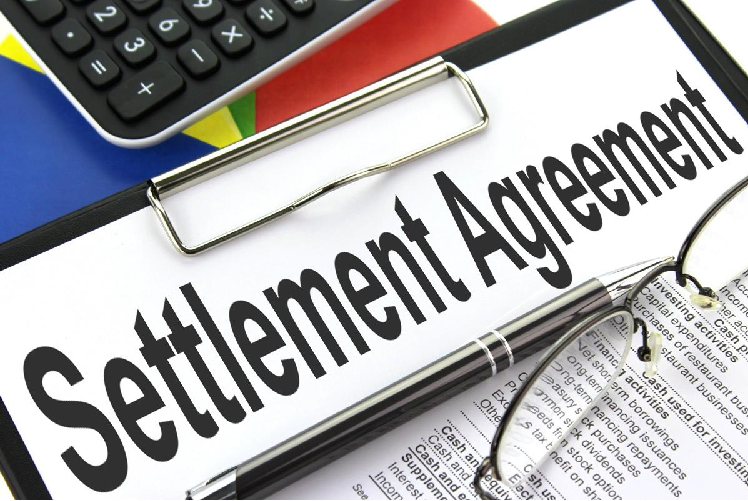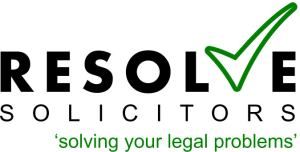Navigating Negotiated Resolutions
The Intricacies of Settlement Agreements
Settlement agreements, often the cornerstone of dispute resolution, represent mutual consensus between disputing parties to resolve conflicts without the need for litigation. These documents, while signifying conciliation, are also fraught with legal complexities that require astute attention to detail. At Resolve Solicitors, we prioritize clarity, fairness, and your best interests, ensuring that your settlement agreements are both comprehensive and tailored to your specific circumstances.

- Parties Involved: Clearly list all parties entering into the agreement.
- Dispute Summary: Provide a concise overview of the underlying dispute or issue.
- Terms of Resolution: Explicitly define the actions, payments, or conditions agreed upon for resolution.
- Confidentiality Provisions: Detail any terms about keeping the agreement or underlying dispute confidential.
- Legal Waivers: Often, parties agree not to pursue any further legal action related to the dispute.
- Effective Dates: Specify when the agreement becomes effective and if there are any relevant timelines or deadlines.
- Cost-Effective: Avoid the financial burdens commonly associated with prolonged litigation.
- Time-Saving: Swiftly conclude disputes, allowing parties to focus on their primary interests.
- Flexible Solutions: Create resolutions tailored to the unique needs and interests of all involved parties.
- Confidentiality: Keep disputes and resolutions private, shielding parties from potential public scrutiny or reputational harm.
- Detailed Drafting: Ensure every settlement agreement is precise, leaving no room for ambiguities or oversights.
- Strategic Negotiations: Represent clients’ interests robustly, striving for optimal outcomes during negotiation processes.
- Thorough Reviews: Analyze existing settlement proposals to ensure they are fair, comprehensive, and in clients’ best interests.
- Post-Agreement Assistance: Offer guidance on implementing agreement terms and ensuring compliance.
FAQ's
Yes, once duly signed by all parties, it becomes a legally enforceable document.
Generally, any revisions would require mutual agreement and a formal amendment to the original document.
The aggrieved party might pursue legal remedies, including seeking enforcement of the agreement or damages.
It's strongly recommended to seek legal counsel to ensure your interests are adequately protected and the terms are fair.
Many are, but confidentiality is a negotiable term. It should be expressly stated in the agreement if desired by the parties.
Our fees are competitive and transparent, often determined by the agreement's complexity and the level of negotiation required.
While both are binding, a settlement agreement specifically resolves a dispute or potential dispute between parties.
Typically, they address existing disputes, but they can include provisions related to potential future conflicts related to the same issue.
While possible, written agreements are preferred for clarity and enforceability. Always document verbal settlements.
Contact us directly for a comprehensive consultation. We are dedicated to navigating you through settlement processes with expertise and empathy.



